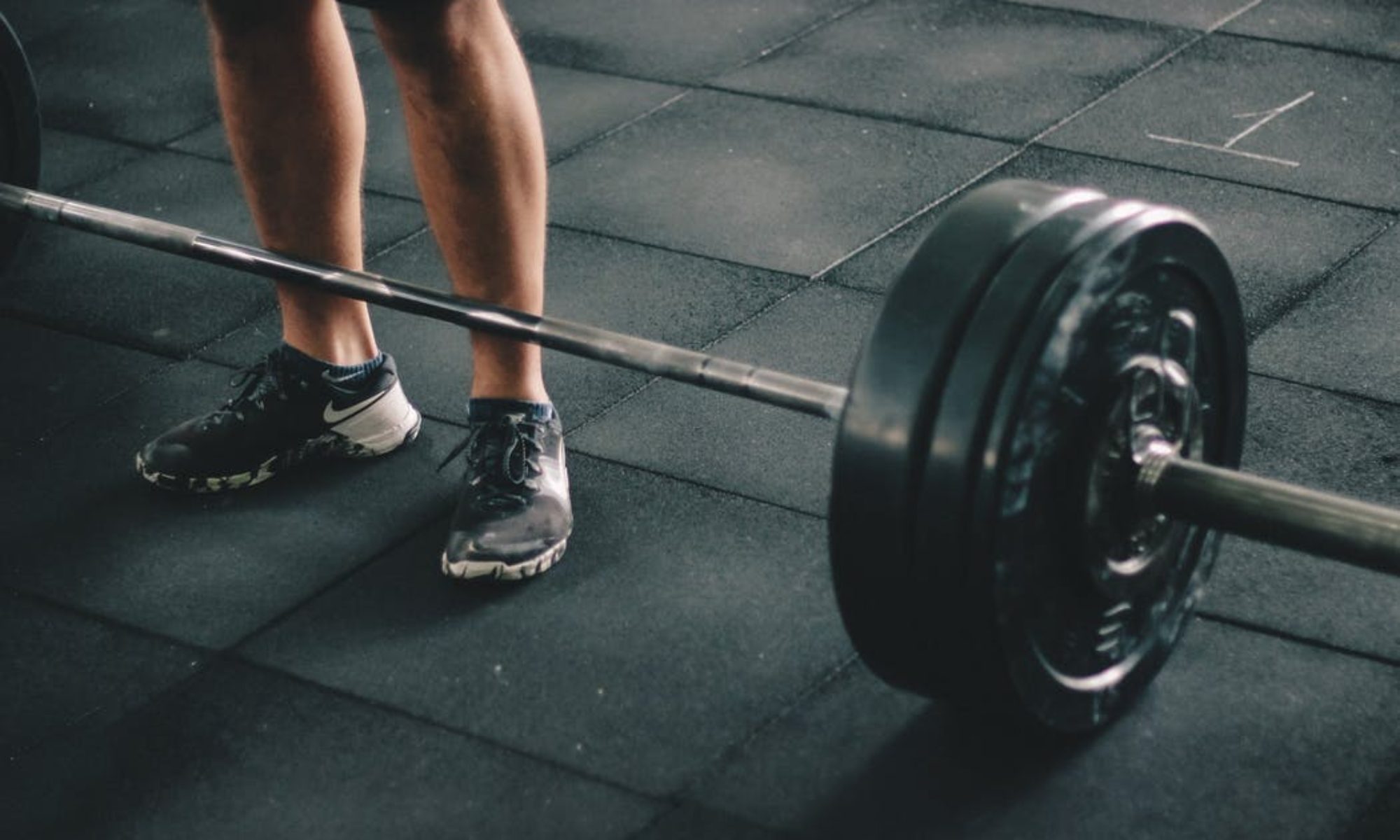There is a lot of confusing information out there about what it takes to get lean.
Everyone and their mom is selling some new diet, promising to reveal a secret trick you haven’t tried yet. It’s easy to fall into the trap of thinking there’s an answer for your struggles out there if only you keep searching and trying all these different diets.
In reality, weight loss success is a lot less sexy than what nutrition gurus want you to believe. Furthermore, most of the things they tell you to do don’t actually matter and won’t help you lose weight.
I love the concept of big rocks vs small rocks when it comes to dieting.
Big rocks are changes that have a huge impact on your results. The 80/20 principle applies here – 20% of actions are responsible for 80% (or more) of your results. Moving the big rocks helps you build the habits and skills that will help you actually lose weight.
Small rocks are a lot less impactful. Some of them can give you an edge, but only after all the big rocks have been moved. Other small rocks have virtually no impact on your results at all and are merely a shiny distraction.
Keep reading to get some clarity about what does and does not matter when you’re dieting.

1. Consistency
Even if you find the mythical “perfect diet”, it won’t do you any good if you’re constantly falling off the wagon and having to start all over again.
There are many factors that can improve consistency, including non-food considerations like managing stress and creating a more diet-friendly environment at home.
For now, just know that if you aren’t following your plan ~90% of the time, you’re probably not going to be successful. Make changes or find an approach that’s a better fit for you.
2. Energy balance
Our bodies follow the same laws of thermodynamics as the rest of our physical world. We all use a certain amount of energy (measured by calories) to power our daily activity, digest the food we eat, and maintain basic functions.
Weight loss requires you to eat fewer calories than your body uses for a prolonged period if time. If you’re not losing weight, you’re eating too many calories.
It’s important to note that eating for health and eating for weight loss are not exactly the same. You can eat a very healthy diet and still not lose a single pound if your caloric intake is too high.
3. Macros
Macronutrients are categories that sort the foods we eat based on their molecular structure and how they’re processed by our bodies. There are technically four macronutrients – protein, carbohydrates, fats, and alcohols – but most of the time we just focus on the first three.
Once you’re consistently eating in a calorie deficit, you can potentially improve your results by tweaking the amount of each macro that you consume.
I suggest focusing on protein first, because it will help you feel more full and enables faster recovery from your workouts. Aim for .7-1 gram of protein per pound of bodyweight every day.
More advanced trainees can also play around with carbs and fats. Generally speaking, most people feel better eating either higher carb, lower fat or lower carb, higher fat.
One is not necessarily better than the other for fat loss – remember, calories are king. However, finding the right balance of carbs and fats can go a long way in helping you feel satisfied and energized as you diet.
Read more: Calories and macros
4. Food quality
Technically, you can eat a 100% junk food diet and lose weight so long as calories are in check. However, this would be a lot less satisfying and would most likely make you feel pretty shitty. For this reason, I do think it’s important to focus on food quality when we diet.
Try to eat more whole and minimally processed foods like lean proteins and fresh fruits and veggies. These foods will give you a more steady stream of energy throughout the day, which makes it easier to stick with your diet. As an added bonus, they tend to be higher in water and fiber, making them more filling with fewer calories.
I would focus on moving these big rocks in the order listed. Consistency is most important, closely followed by calories. You can get great results focusing only on those two things.
If you’re ready to take your dieting to the next level or you want to troubleshoot issues with energy, hunger, cravings, or performance, then you can focus more on macro ratios and food quality.

The image above gives some examples of small rocks that don’t really matter for weight loss, at least not without moving the big rocks first.
- It doesn’t matter if you’re fasting or eating 6 small meals a day. You can’t trick your metabolism and you won’t lose weight if your calories are too high.
- Supplements may help with some health issues and improve your workout performance, but they don’t circumvent the laws of energy balance.
- Drinking enough water can help you feel energized and temporarily quell hunger, but it won’t lead to weight loss if you’re still eating too much.
You get the idea.
I hope this concept gives you some clarity about what you should focus on if you want to lose weight. It can also serve as a filter for future questions.
When you come across a new dieting trick, ask yourself if it fits into one of the four big rocks above. If it doesn’t, it’s probably only a small rock.
Are you struggling to lose weight and keep it off despite your best efforts? Join me in a free webinar to learn how to avoid the common dieting mistakes that are standing in your way.

